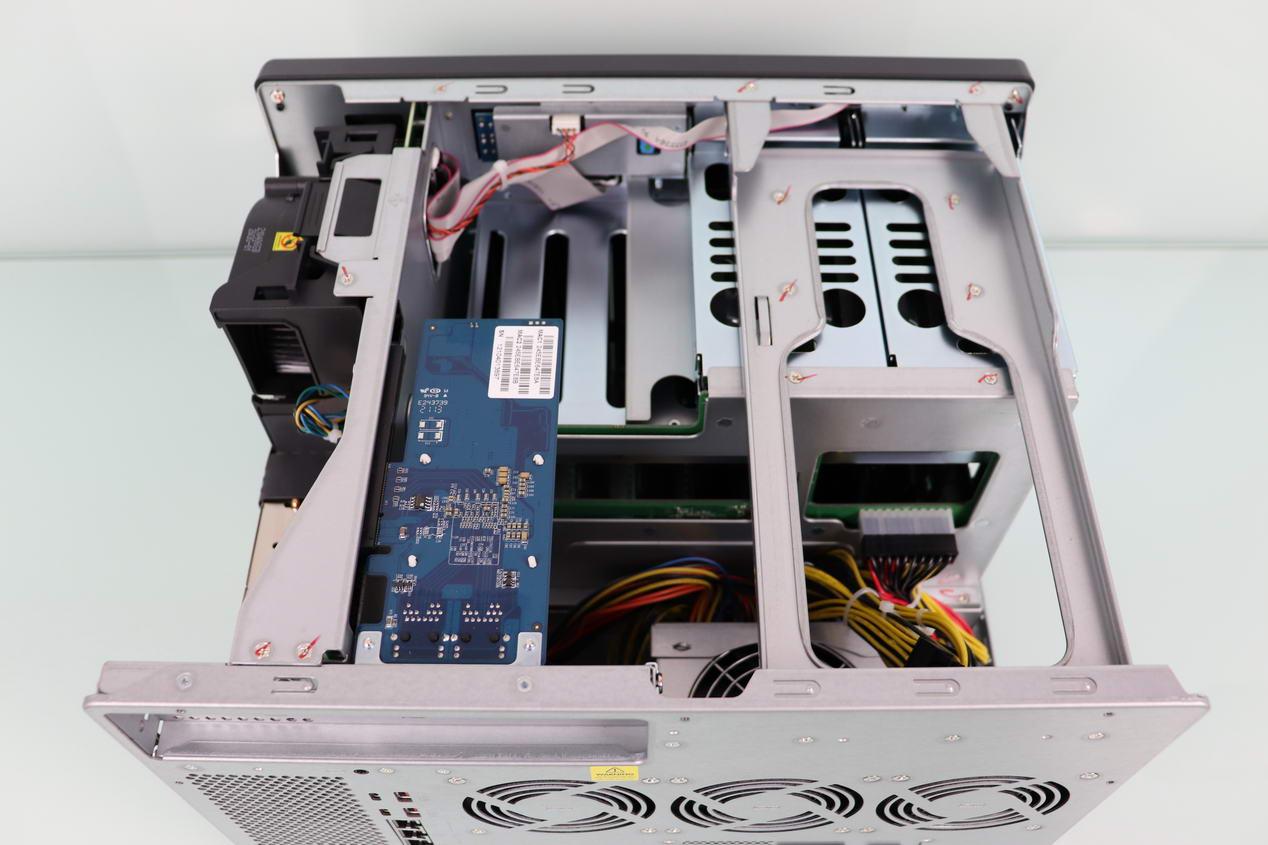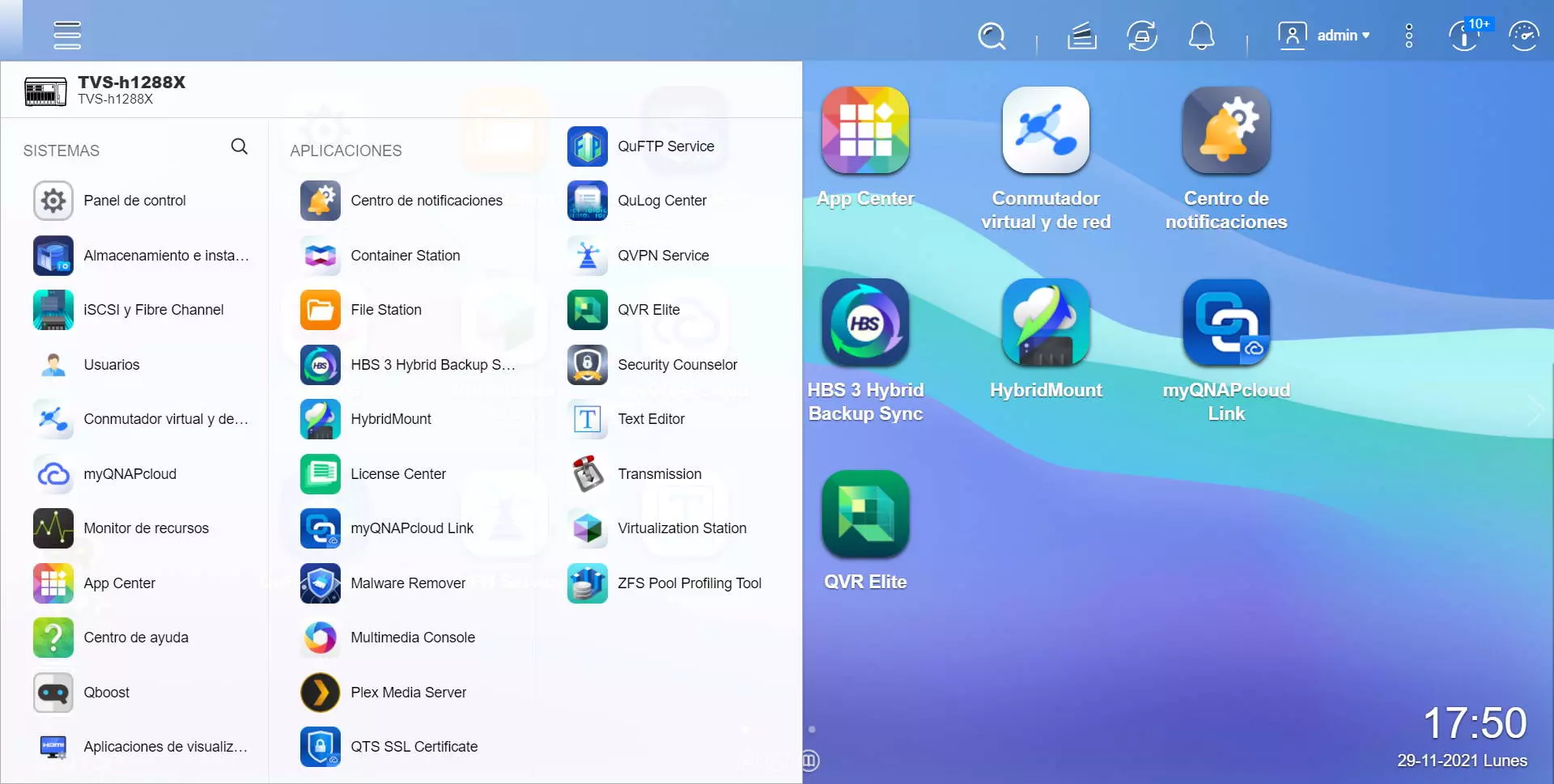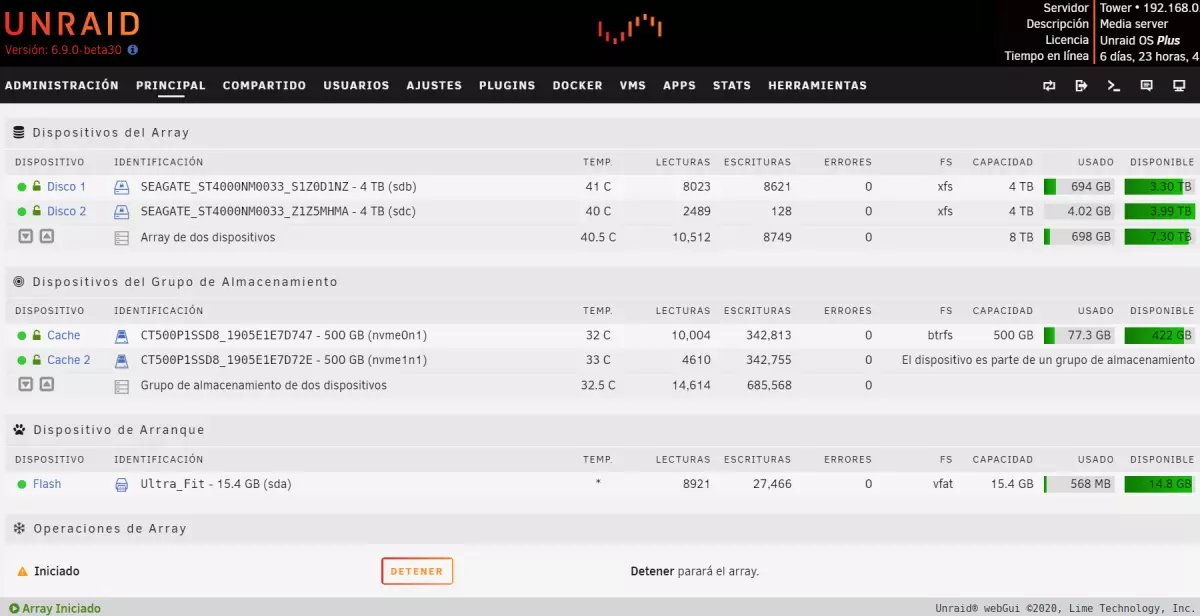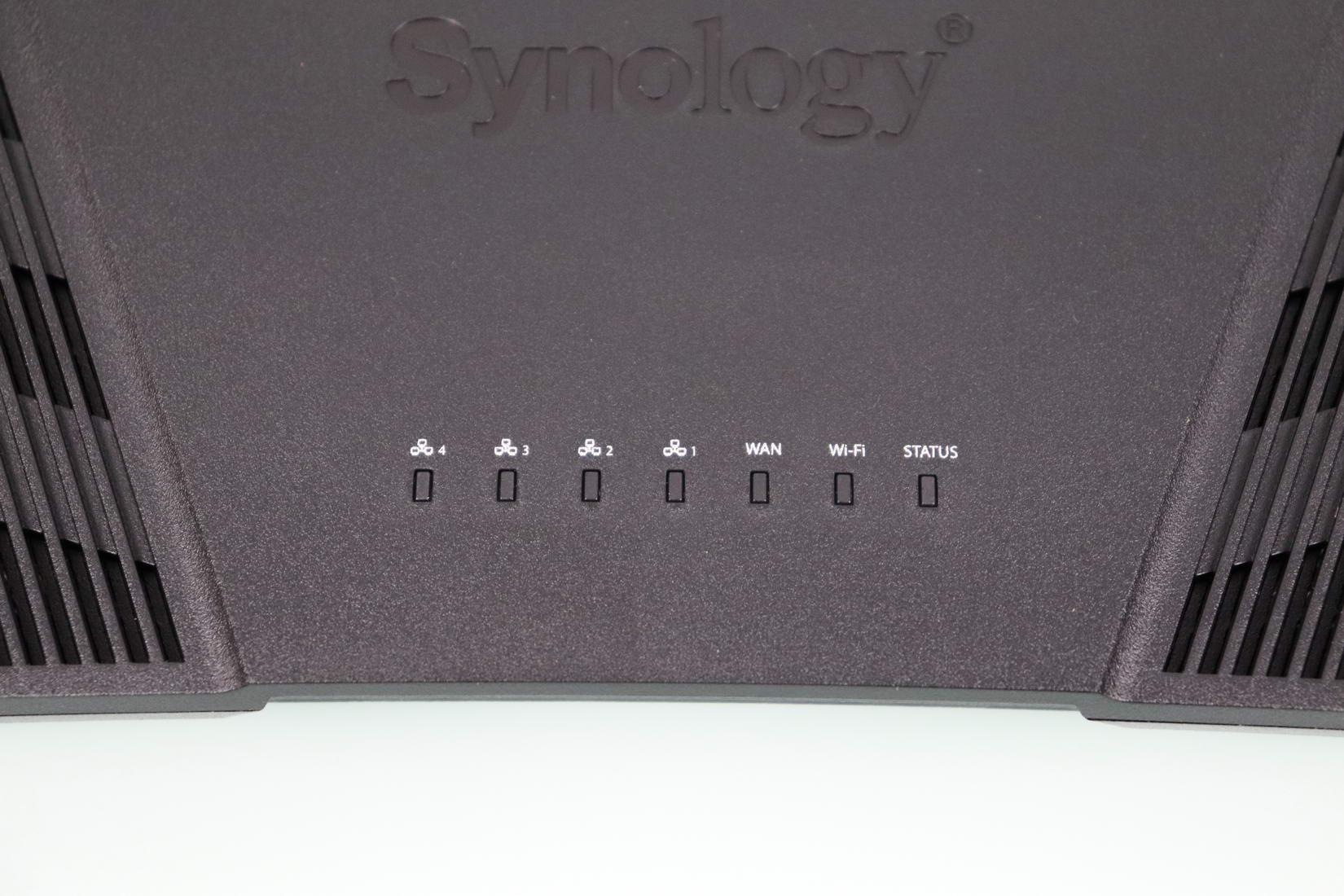
NAS servers in home and small and medium business environments are widely used for their ease of use, possibilities, for the operating system that is very easy to use, and also because the start-up is quite simple compared to if you do it by yourself. Commercial NAS from brands such as QNAP, Synology or ASUSTOR are a really interesting option, however, this type of commercial NAS servers They also have their limitations, and it is something that you should take into account before buying them, to know if it is worth it or not.
What limitations do these NAS have?
Commercial NAS servers like the ones we can buy from brands like QNAP, Synology or ASUSTOR have a number of limitations, compared to building our own equipment. Next, we will explain these limitations.
hardware limitations
Currently, NAS brands have a large number of models of all ranges, with different processors, RAM capacity, hard drive storage and/or SSD, in addition, certain models allow you to expand their functionality thanks to the PCIe ports available for installation of additional cards. However, although we have enough freedom of choice, we find several limitations:
- We cannot choose the exact processor that we want, we must choose a specific model and then see which processor it incorporates. It is possible that the processor we want exactly coincides, but it is not normal since they do not usually have desktop processors, but low consumption server processors.
- Nor can we choose the motherboard of the NAS, to later add PCIe cards to expand its functionalities.
- The power supply is already imposed, and we cannot change it for another model because it is generally small in size.
- The case and fans to cool the components are already installed. Yes, we could change the fans for quieter ones, but not add new ones to improve cooling.
As you can see, when buying a NAS what we do is buy the whole set, we do not have much choice, we can only choose between different ranges of equipment and a greater number of drive bays within the same family.
Limitations of choice of operating system
In all commercial models we have a operating system for NAS based on Linux, for example, in QNAP we have QTS or QuTS hero, in Synology we have the popular DSM and the manufacturer ASUSTOR has ADM. All these operating systems are very complete, they allow us to configure any option on the server in a very simple way, in addition, we have the possibility of installing additional software through the official stores of the manufacturers, we can carry out virtualization of complete operating systems with the different applications of each brand, and we can even deploy Docker containers to further increase services on the local network.
However, this type of commercial NAS does not allow us to change the operating system that is already pre-installed, that is, we do not have the possibility of installing an operating system such as TrueNAS Core, TrueNAS SCALE, OpenMediaVault or Unraid OS. In the case of wanting to install another server-oriented operating system, you will have to mount the server yourself, and not use a commercial one to install any of them. If one of your requirements when buying a server is the freedom to choose the operating system, then a commercial NAS is not what you are looking for.
As you can see, this type of commercial device has a number of advantages compared to doing it ourselves, but it is also true that we have a series of limitations at the hardware and operating system level. You must assess what is most worthwhile for you, in addition, you must also take into account your own knowledge of hardware and operating systems, because the implementation of business models is really simple. (Xanax)





